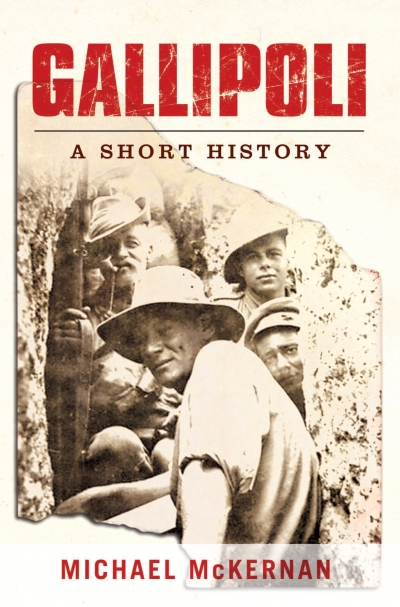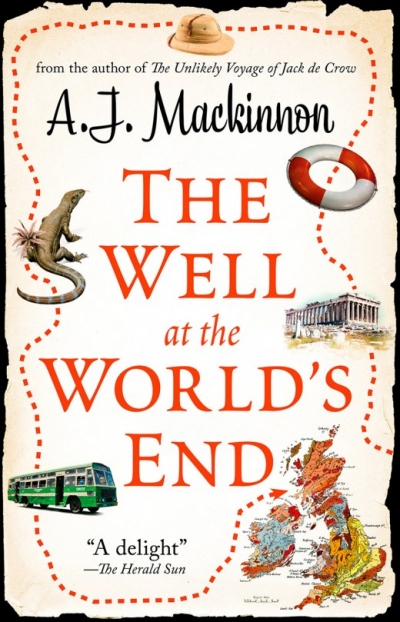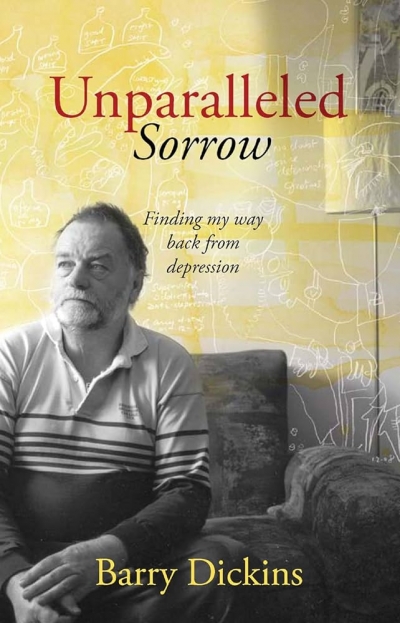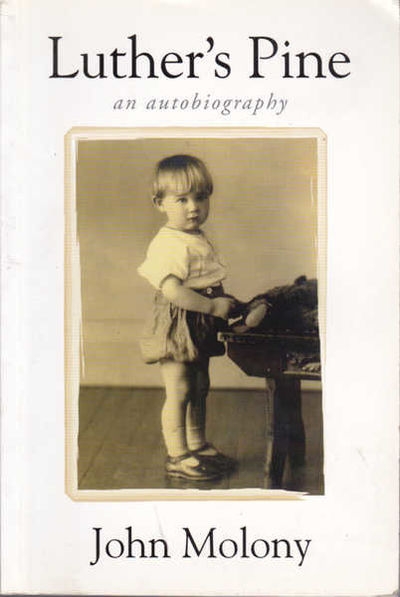Michael McGirr
Gallipoli: A Short History by Michael McKernan & Pozières: The Anzac Story by Scott Bennett
by Robin Prior •
Unparalleled Sorrow: Finding my way back from depression by Barry Dickins
by Michael McGirr •
The Feasts and Seasons of John F. Kelly by Robert Pascoe
by Michael McGirr •
Church Alive!: Pilgrimages in faith 1956–2006 by Greg Dening
by Michael McGirr •
Geckos and Moths by Patricia Johnson & Forever in Paradise by Apelu Tielu
by Michael McGirr •









